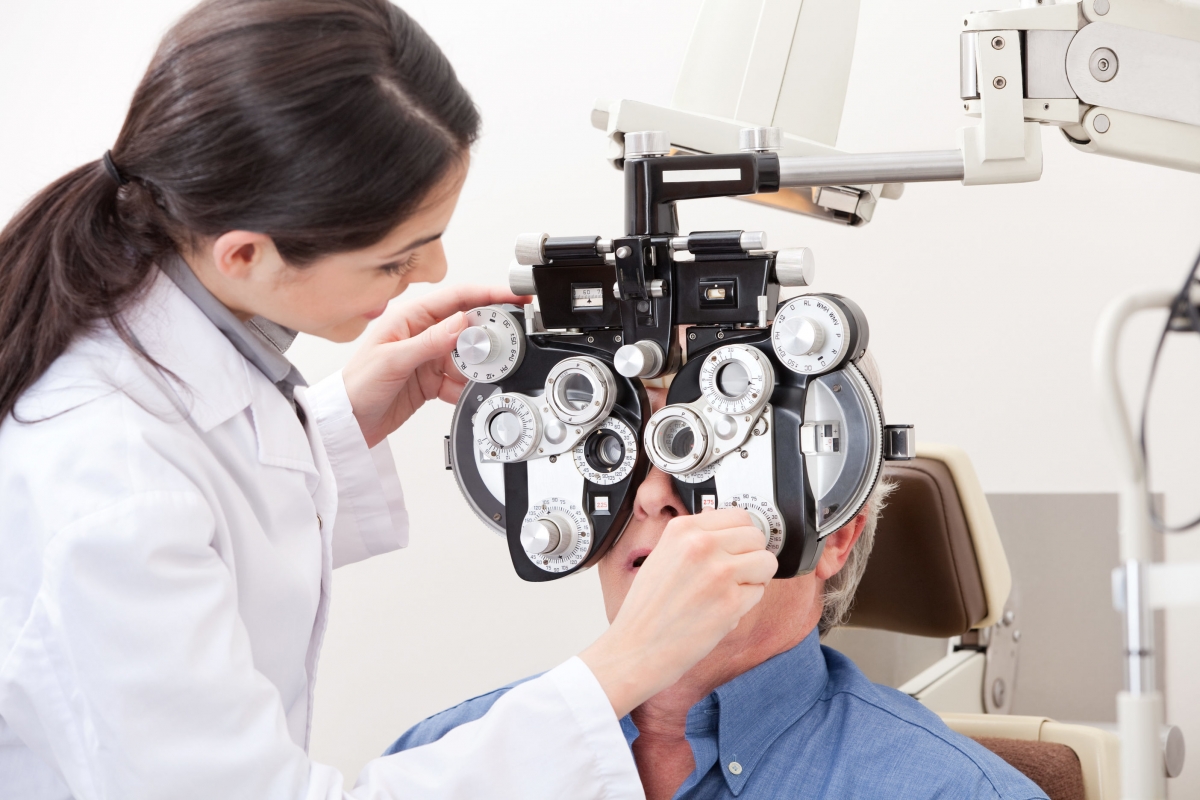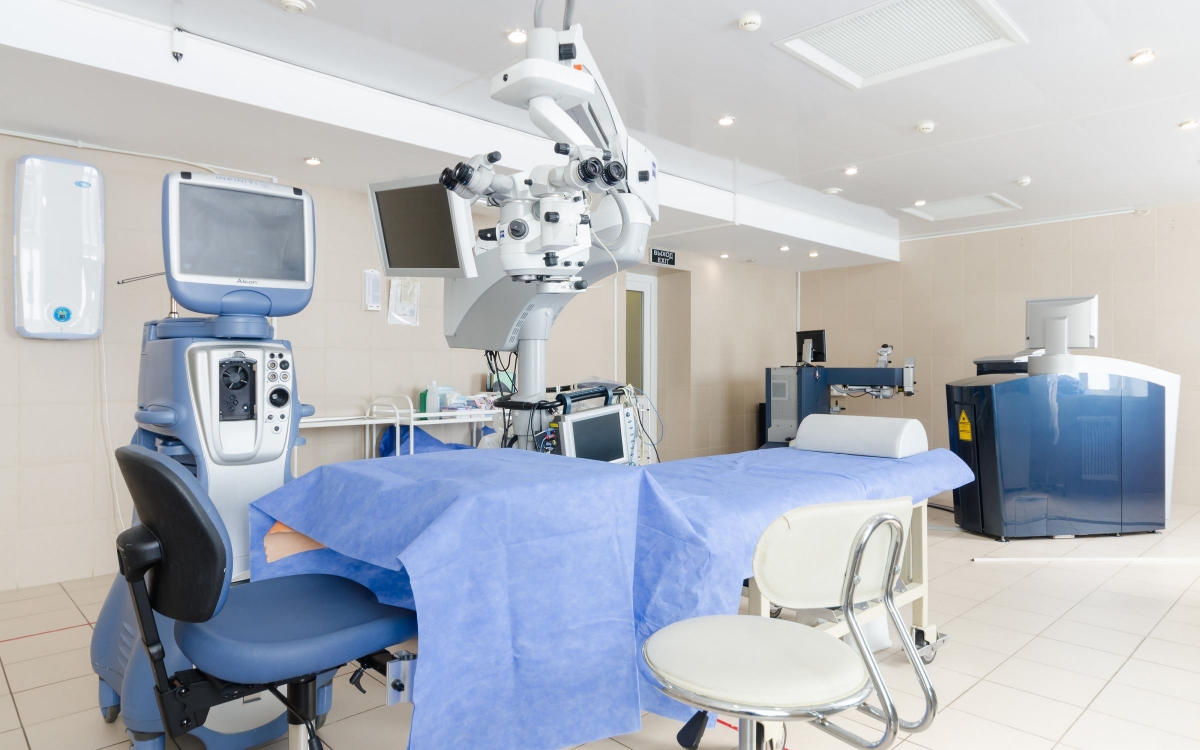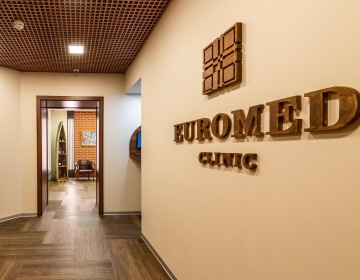Ophthalmology
Ophthalmology has a long history, first learning of eye anatomy was fixed in the 1st century AD. That time the first researches, describing anatomy of visual organ appeared: description of anterior and posterior chamber, iris, ciliary apparatus. For the recent years medicine has been changed a lot and today nobody is surprised at highly precise and difficult surgeries such as corneal transplantation, laser vision correction and others. But the main progress in ophthalmology are closely connected with the name of the world known Russian ophthalmologist Svyatoslav Fyodorov, the pioneer of refractive surgery, the inventor of (intraocular lens) IOL, creator of radial keratotomy, inventor of many modern surgical technics.
In general Ophthalmology can be divided into 3 main parts:
- Clinical.
- Surgical.
- Emergency ophthalmology.
Clinical ophthalmology deals with creation and development of conservative treatment of eye diseases. Surgical Ophthalmology deals with eye surgery and rehabilitation. Emergency ophthalmology solves out urgent acute events, pathology of visual organ, like retinal separation, corneal burn, eye traumas.

There are several reasons to make an appointment with an ophthalmologist. Firstly, specialists recommend to see an ophthalmologist at least once a year as preventive measures. During your medical visit ophthalmologists can check vision acuity, eye ground, measure your ocular tension. It can help to find a potential defective vision at early stages and monitor general medical behavior of vision changes.
40 years + people and children are recommended to do this check-up at least every 6 months. The same recommendations are for people who suffer from diabetes, elevated blood pressure and for those who wear glasses.
There are reasons when you can not postpone a visit to ophthalmologist. If you have some of these symptoms you should urgently see a doctor: reduction in vision, uncontrollable lacrimation, pain syndrome, dry eye syndrome, eye burning, excitation, heaviness, eye redness, blurring of subjects far or near hand when you try to view them, pain when look at light (heliophobia), when it seems to you feel a foreign object in your eyes, clouded eyes or others.
Ophthalmologists can save you from many eye diseases such as:
- Conjunctivitis, inflammatory process in mucous coat of different etiology – virus, infection, trauma.
- Myopia (nearsightedness).
- Hypermetropia (long sight), including presbyopia – old age sight.
- Cross-eye.
- Glaucoma – elevated intraocular pressure and an optic nerve disorder.
- Cataract – clouding of the lens.
- Astigmatism – deformation of crystalline lens, deformation of cornea structure.
- Pathologic nystagmus – involuntary eye movement (up to hundreds of times a minute).
- Leucoma (wall-eye) – corneal opacity.
- Hordeolum (inflammation of a gland of the eyelid) – suppurative inflammation of eyelashes hair follicle or gland of Zeiss, located near eyelashes bulb.
- Vitreous haze.
- Amblyopia – serious visual functions deterioration of one or two eyes.
- Blepharitis – inflammatory process in eyelid margin.
- Epiphora – watery eye.
- Ptosis - eyelid droop.
- Iridocyclitis – inflammatory process in iris.
- Keratitis – inflammatory process of eye cornea.
- Chalazion – chronic inflammation of ciliary cartilage.
It is very important to understand that a full diagnostic assessment and consultations can be done only by a highly-skilled eye specialist (an ophthalmologist) in a professional well-equipped medical room.

Apply for help to «Health and Travel» organization and be sure in high quality medical services in Russia!


